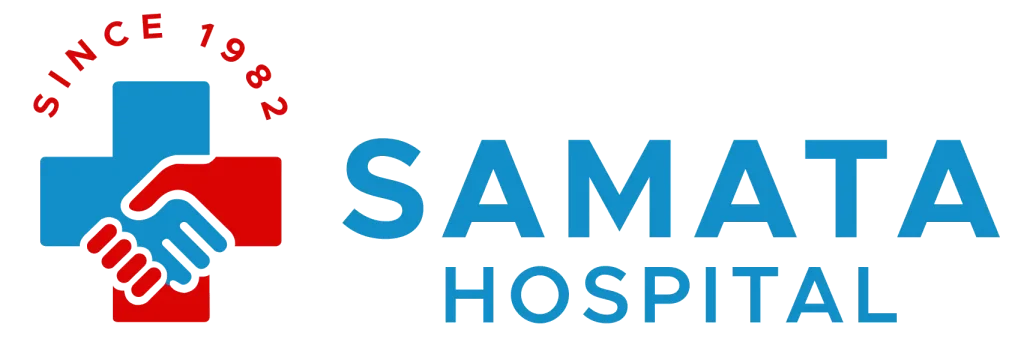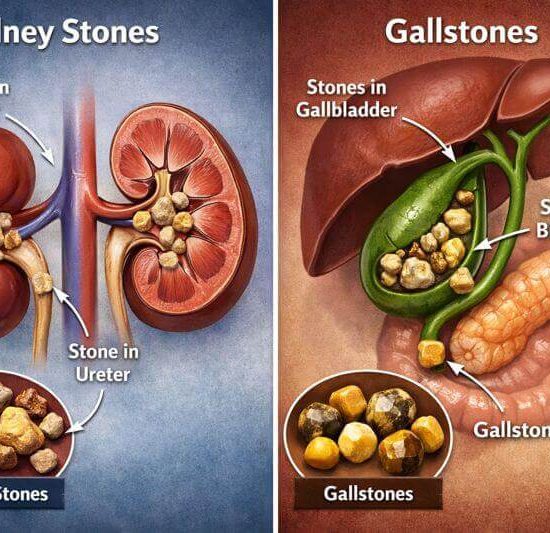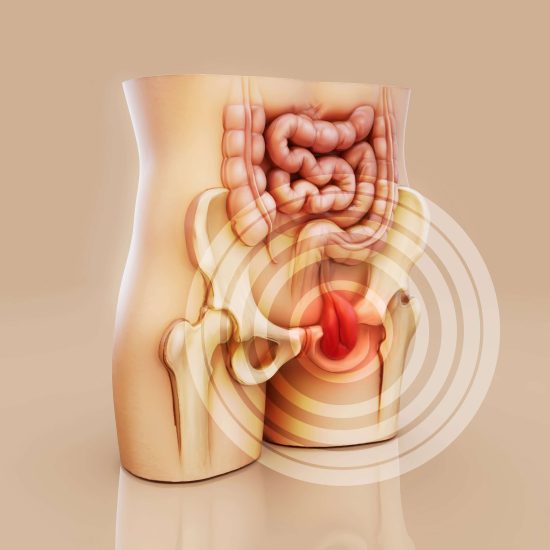Piles and Constipation: Setting the Record Straight with Dr. Ashish Dhadas
Seeking a Piles Doctor in Dombivli? Understand the Piles-Constipation connection First
For far too long, the relationship between piles (hemorrhoids) and constipation has been shrouded in myth and misconception. Many believe that piles cause constipation, creating a frustrating cycle of discomfort and confusion. But Dr. Ashish Dhadas, a leading piles Doctor in Dombivli , is here to clear the air and offer some much-needed clarity.
According to Dr. Dhadas, it’s time to bust one of the biggest myths surrounding these common conditions: Constipation can lead to piles, but Piles do NOT lead to constipation.
Yes, you read that right- piles do not cause constipation. Understanding this can make a big difference in how you manage your symptoms and can change your approach to treatment.
How Constipation Leads to Piles
When you’re constipated, your stools become hard and dry, making them difficult to pass. This often leads to excessive straining during bowel movements. This straining puts immense pressure on the veins in and around your anus and rectum. Over time, this sustained pressure can cause these veins to swell, become inflamed, and protrude – leading to the uncomfortable condition we know as piles.
Imagine, forcing too much water through a narrow pipe — eventually, the pressure causes the pipe to bulge or even leak. The same principle applies to the delicate veins in your anal region.
Why Piles Don’t Cause Constipation
While piles can certainly make bowel movements more painful and uncomfortable, they don’t directly cause your digestive system to slow down or your stools to harden. The presence of piles might make you hesitant to go to the bathroom due to anticipated pain, which could indirectly lead to a build-up of stool and thus constipation. However, the root cause of the constipation itself would likely be related to diet, hydration, or other underlying issues, not the piles themselves.
The Key to Prevention and Management: Diet and Hydration
Dr. Dhadas emphasizes that the most powerful tools in preventing and managing both constipation and piles are surprisingly simple: your diet and hydration.
- Fiber is Your Friend: A diet rich in dietary fiber is paramount. Fiber adds bulk to your stool, making it softer and easier to pass. Think fruits, vegetables, whole grains, and legumes.
- Drink Up! Adequate hydration is equally vital. Water helps to soften your stool, preventing it from becoming hard and dry. Aim for plenty of water throughout the day.
- Don’t Ignore the Urge: When your body tells you it’s time to go, listen! Delaying bowel movements can lead to drier, harder stools.
- Regular Exercise: Physical activity can also help stimulate bowel movements and keep your digestive system running smoothly.
Breaking the Cycle: Relief is Possible
If you are experiencing both piles and constipation, it’s crucial to seek professional medical advice. As an experienced and the Best Piles Doctor in Dombivli, Dr. Ashish Dhadas can provide a comprehensive evaluation and recommend a personalized treatment plan to address both conditions. This plan may include:
- Lifestyle Modifications: Dietary changes to increase fiber intake (fruits, vegetables, whole grains), adequate hydration, and regular gentle exercise can help soften stools and promote regular bowel movements.
- Topical Treatments: Creams and ointments can help reduce inflammation and pain associated with piles, making bowel movements less uncomfortable.
- Stool Softeners and Laxatives: In some cases, these may be recommended to ease constipation, but they should be used under medical guidance.
- Sitz Baths: Soaking in warm, shallow water can soothe the anal area and reduce discomfort.
- Piles Treatment: Depending on the severity of your piles, Dr. Dhadas may recommend minimally invasive procedures or surgery to address the swollen hemorrhoids directly. Treating the piles can, in turn, alleviate the discomfort that contributes to constipation.
Setting the Record Straight is Liberating
Understanding that constipation is often the precursor to piles empowers you to take proactive steps. By focusing on a high-fiber diet, staying well-hydrated, and adopting healthy bowel habits, you can significantly reduce your risk of both constipation and the subsequent development or worsening of piles.
If you’ve been battling the discomfort of piles and feeling confused about their connection to constipation, Dr. Ashish Dhadas’s insights provide a clear path forward. If you’re seeking Piles treatment , understanding these fundamental principles can be a great starting point for discussing your concerns with a healthcare professional. For those in search of a Piles Doctor in Dombivli who can provide expert guidance and treatment, Dr. Dhadas’s approach highlights the importance of addressing the root causes. Don’t hesitate to consult with a qualified Piles Doctor in Dombivli to get personalized advice and treatment for your condition. It’s time to ditch the myths, embrace healthy lifestyle choices, and work towards a more comfortable and regular digestive future.
“Also Read: Why a Small Foot Cut is a Big Problem for Diabetics”
➝ https://www.samatahospital.com/why-a-small-foot-cut-is-a-big-problem-for-diabetics/
![]()







No Comments
Sorry, the comment form is closed at this time.